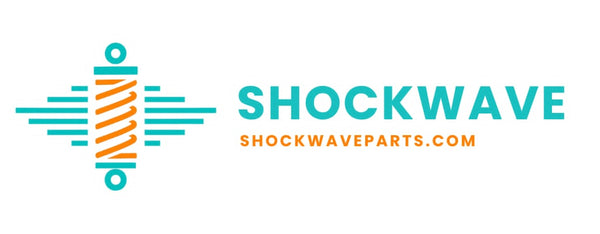Collection: All Forks Service Tools
A focused collection for lower leg service, air spring maintenance, and basic damper work on most suspension forks. You don’t need many tools, just the right ones.
Basic safety reminder:
Always fully deflate the air spring before opening any pressurized part. Use proper suspension grease only, and avoid over-greasing internal chambers.
New to suspension terms? Read the MTB Suspension Jargon Guide.
-
Suspensions Air Cap Wrench
Regular price $9.49 CADRegular price -
Open 12 Notch x 46mm (BSA30) | For Suspension Use
Regular price $29.49 CADRegular price -
8 mm Shaft Clamp
Regular price $25.49 CADRegular price -
Dust Wiper Seal Press Tool
Regular price From $17.49 CADRegular price -
32mm Chanferless Wrench
Regular price $19.49 CADRegular price -
Fox Fork 2in1 Air Caps Tool
Regular price $15.49 CADRegular price -
DVO Fork Shaft Punches
Regular price $9.49 CADRegular price -
30mm shaft clamp (DVO Air Assembly - MTB Suspension Clamp
Regular price $29.49 CADRegular price -
Fox/Rockshox Fork Ultimate Clamp Set
Regular price $59.49 CADRegular price -
38mm DH Stanchion Clamp
Regular price $30.49 CADRegular price -
40mm DH Stanchion Clamp
Regular price $29.49 CADRegular price -
35mm Shaft Clamp for Fork Stanchions
Regular price $29.49 CADRegular price -
RockShox Motion Control Shaft Clamp 9/16"
Regular price $25.49 CADRegular price -
Rush Damper Body Clamp
Regular price $25.49 CADRegular price -
Charger RC/R Clamp Set
Regular price $35.49 CADRegular price -
Fox Float NA & NA2 Bullet Tool for 10mm Air Shaft Rebuild
Regular price $9.49 CADRegular price
















